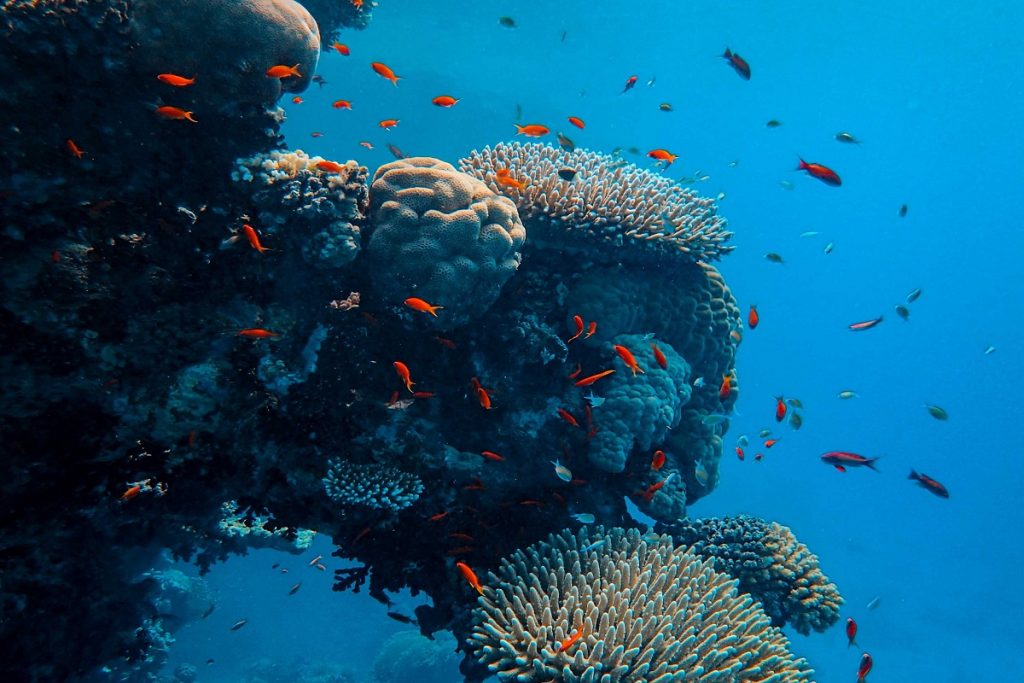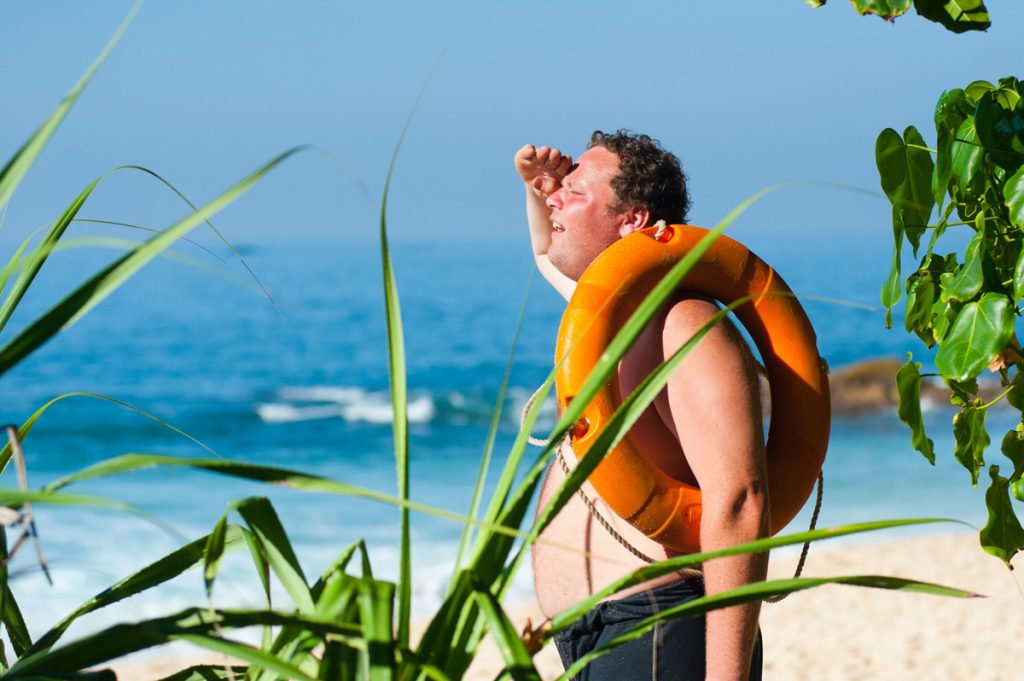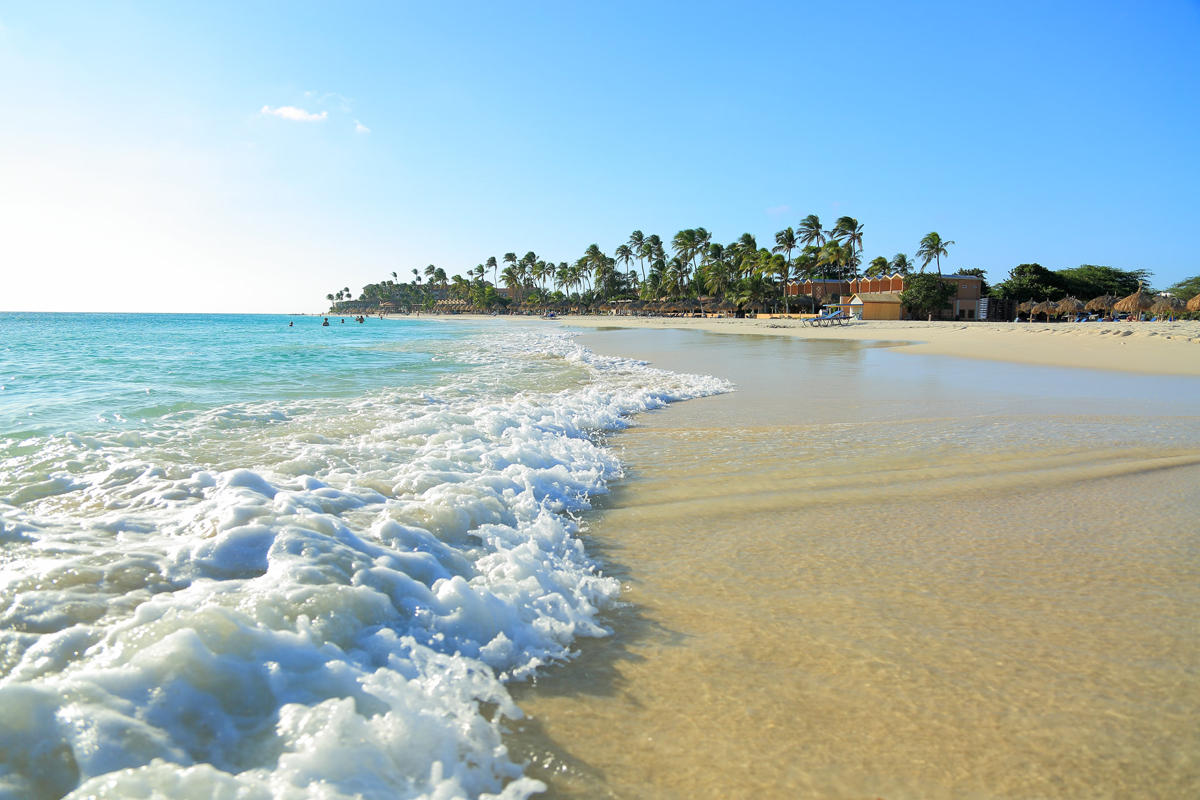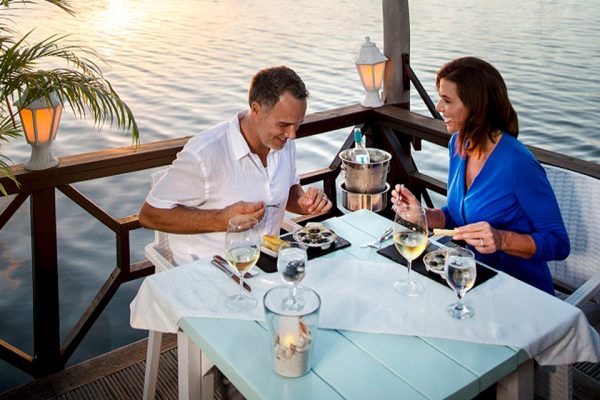As the summer months approach, it’s time to get your skin ready for the season! Protecting your skin from the sun is an important part of any skin care routine, and the best way to do that is by using sunscreen. Sunscreen is a protective barrier that blocks out the sun’s harmful ultraviolet (UV) rays, which are the leading cause of skin cancer, premature aging, and sunburns.
When choosing a sun lotion, it is important to pick one with an appropriate SPF (Sun Protection Factor) rating. SPF ratings range from 2-50, so it is important to choose a sunscreen that is appropriate for your skin type and the amount of time you will be out in the sun. In addition, sunscreen should be applied liberally to any exposed skin, and should not be forgotten on the lips or ears.
It is also important to remember to reapply your skin protection balm every two hours, or more often if you are swimming or sweating. Don’t forget to seek shade and wear protective clothing as well. With a few simple steps, you can help protect your skin and keep it healthy this summer.
So, grab your favorite sunscreen and get ready to soak up the sun—just don’t forget to apply it liberally!

Choose reef-safe sunscreen
Sunscreen is an essential part of any beach day, but it’s important to make sure it is reef-safe. When it comes to protecting your skin from the sun’s harmful rays, sunscreen is a must. But many traditional sunscreens contain chemicals that can be toxic to marine life, like coral. That’s why it’s important to find a sunscreen that is eco-friendly and won’t harm the ocean’s delicate ecosystem.
Reef-safe sunscreen is made with natural, reef-safe ingredients like zinc oxide and titanium dioxide. These ingredients are not absorbed into the skin, so they don’t have the same damaging effects on coral or other marine life. When choosing sunscreen, it’s also important to look for the “reef-safe” label. This indicates that the product does not contain any of the chemicals known to damage coral, such as oxybenzone and octinoxate.
Another important factor to consider when buying sunscreen is the SPF rating. SPF stands for Sun Protection Factor and it indicates how much protection the sunscreen provides from UVB rays, which are the main cause of sunburn. Most sunscreens with an SPF of 15 or higher provide adequate protection. However, it’s important to remember that no sunscreen can completely block out all UVB rays. Make sure to apply it liberally and often, even if you’re just lounging on the beach. Sunscreen should be reapplied every two hours or after swimming, sweating, or toweling off.

What to do in a sunburn emergency
Prolonged exposure to sunlight can cause sunburn and other skin damage. Wear sunscreen and protective clothing when outdoors, and avoid direct sun exposure during peak hours (10am–4pm). If you experience sunburn, seek medical advice.
- Get out of the sun immediately and move to a cool, shady area.
- Take a cool bath or shower to reduce inflammation and cool the skin.
- Apply a cold compress to the affected areas for 10-15 minutes.
- Apply a moisturizer or aloe vera gel to the sunburned area to help soothe and hydrate the skin.
- Take ibuprofen, acetaminophen, or naproxen to help reduce inflammation, pain, and swelling.
- Drink plenty of fluids, such as water, electrolyte-rich beverages, and non-caffeinated drinks to stay hydrated and help your body heal.
- Wear loose, lightweight clothing and a wide-brimmed hat to protect your skin from the sun.
- Avoid any additional sun exposure, and use sunscreen whenever you go outside.
Where to buy reef-safe sunscreen?
Where are the stores in Aruba to purchase reef-safe sunscreen? We have compiled a list of the most easily accessible stores that sell mineral sunscreen in Aruba below:




